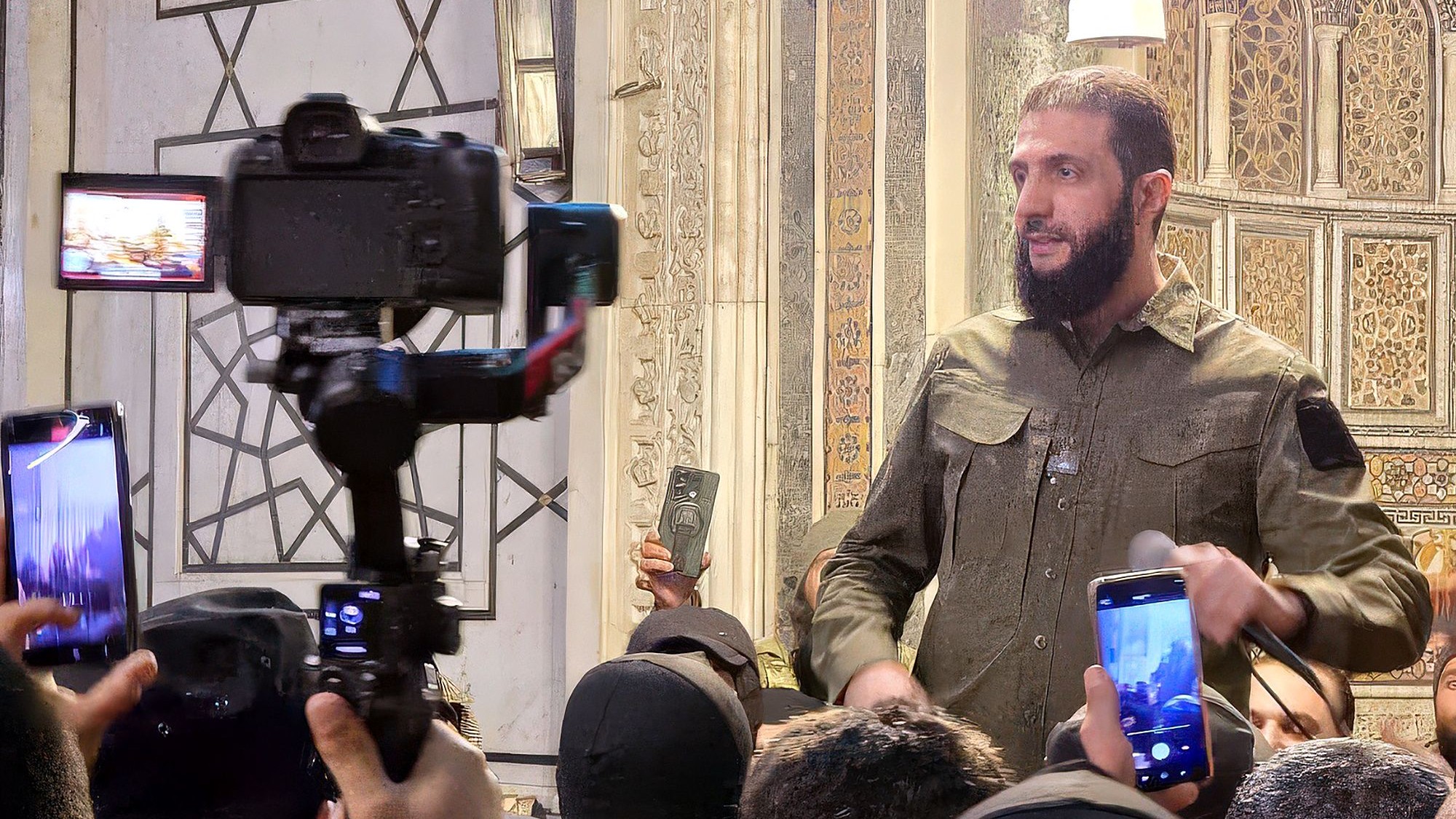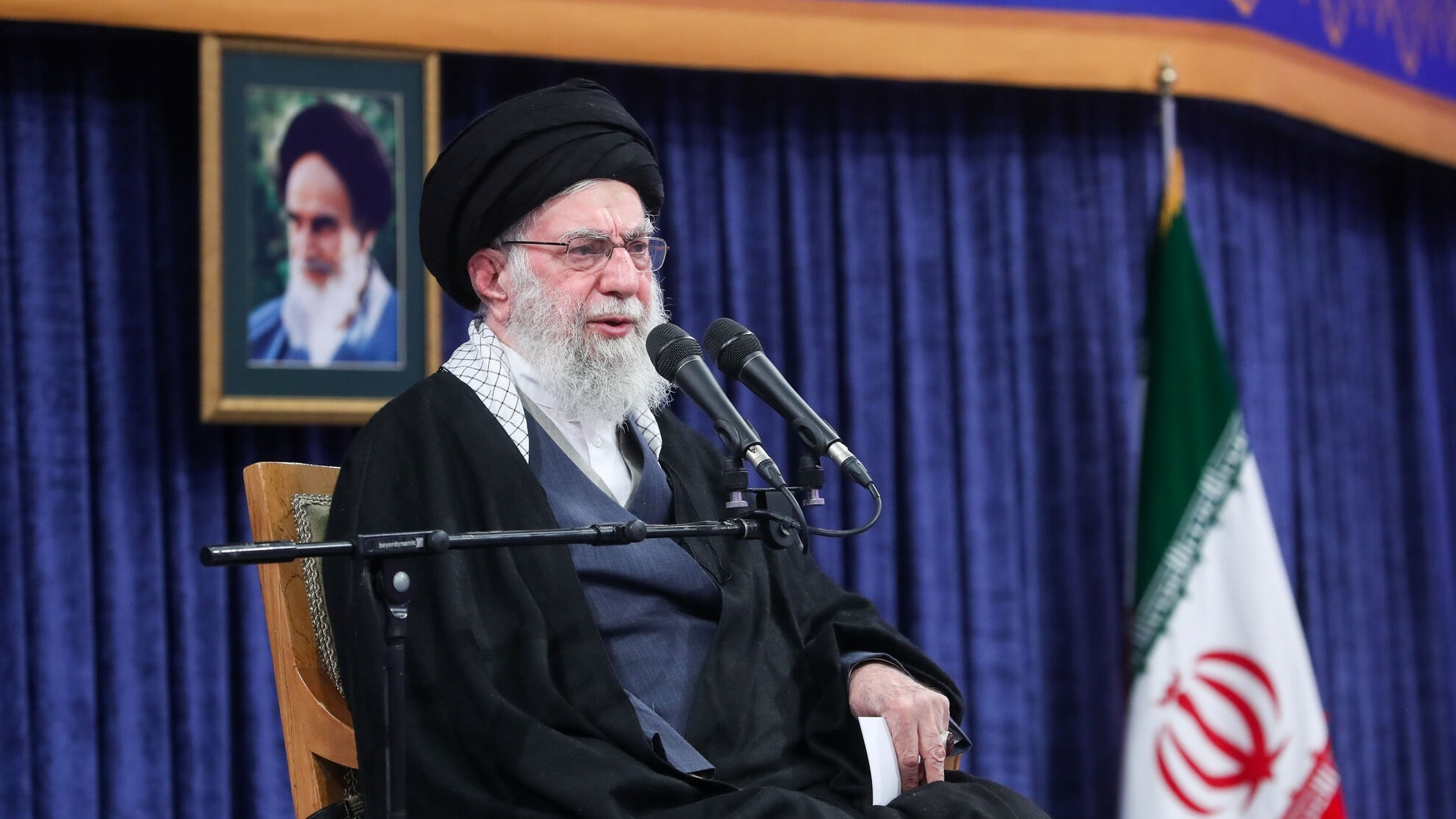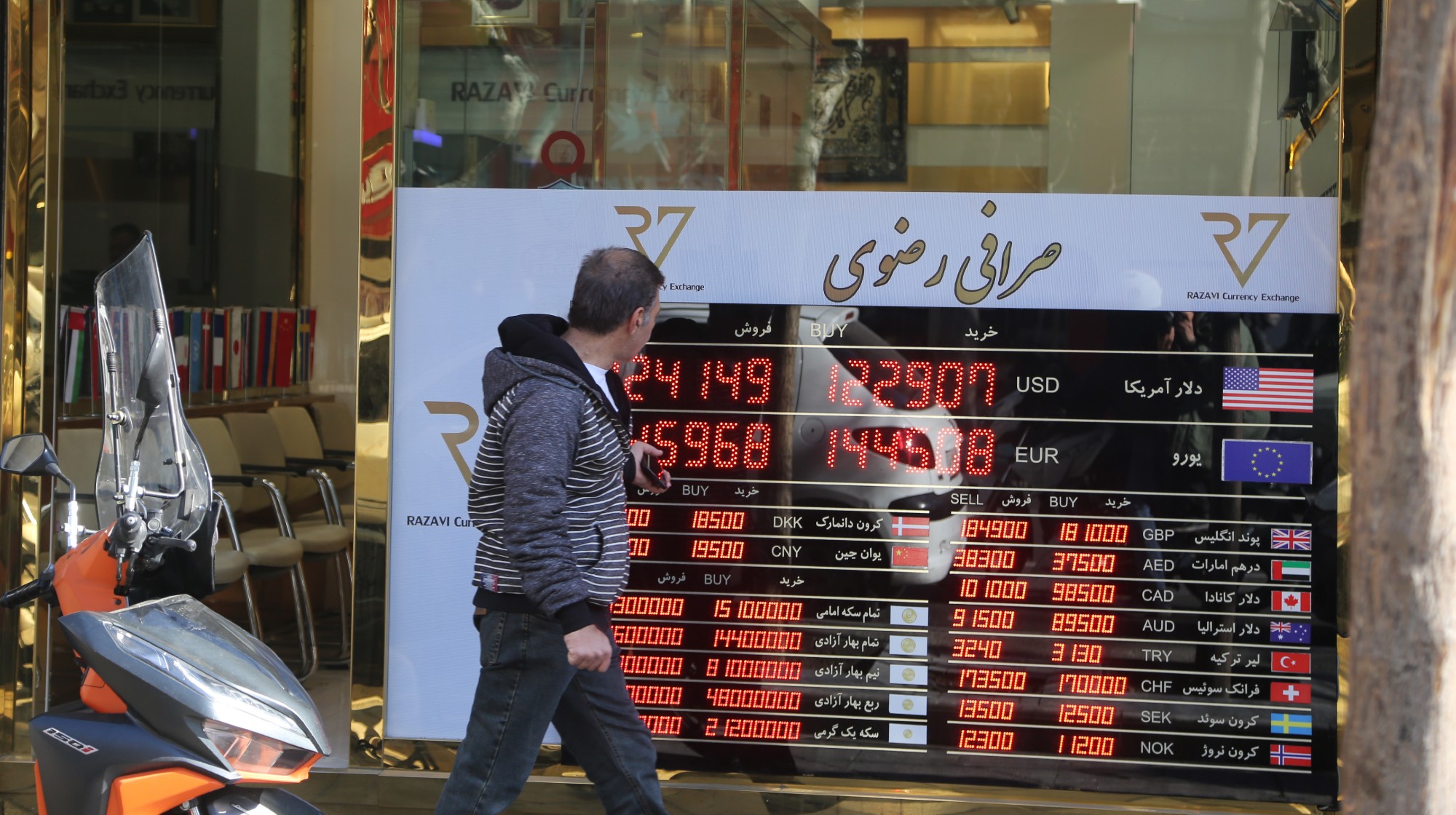How should the West respond to Syria's new leadership?
The weight of historical interventions and non-interventions in the region hangs heavy on Western leaders' minds

A free daily email with the biggest news stories of the day – and the best features from TheWeek.com
You are now subscribed
Your newsletter sign-up was successful
The speed of change in Syria over the past week caught even those in the Middle East by surprise but with a stockpile of chemical and biological weapons at stake, many are calling for quick and decisive action from the West.
The West must "avert what took place after the fall of Saddam Hussein in Iraq, and of Muammar Gaddafi in Libya", said The Independent. When these hated dictators were toppled, "there was nothing to keep their countries together". But the weight of historical interventions and non-interventions in the region hangs heavy on Western leaders as they prepare to respond to the new leadership in Syria.
What did the commentators say?
Syria is "perilously close to becoming another chaotic 'failed state'", said The Independent. The "ethno-religious tensions" and power vacuum could be "exploited by local warlords, and by ambitious neighbouring states". HTS is "not yet in control of the nation"; its leader, Abu Mohammed al-Jolani, "doesn't give cause for optimism": he is "undeniably an Islamist".
The West needs to provide more aid both to Syria and surrounding countries "ill equipped to deal with another influx of hundreds of thousands of terrified civilians". It will also have to face the "political challenge of offering asylum to some of those fleeing the fighting". Western governments need to urgently "extract a commitment from Syria's neighbours – Israel, Turkey and Iran – to keep out", and "stop the fighting and the flow of weapons to favoured groups".
The Week
Escape your echo chamber. Get the facts behind the news, plus analysis from multiple perspectives.

Sign up for The Week's Free Newsletters
From our morning news briefing to a weekly Good News Newsletter, get the best of The Week delivered directly to your inbox.
From our morning news briefing to a weekly Good News Newsletter, get the best of The Week delivered directly to your inbox.
First and foremost, the West must secure Syria's undeclared stockpile of chemical and biological weapons, so it does not "end up in the hands of Islamic State or other extremists", said The Times. The US is already acting against this eventuality. "As our precision strikes over the weekend demonstrate, we are determined not to let that happen," said Antony Blinken, the secretary of state.
The recent histories of Iraq and Libya do indeed give "good ground for caution", agreed the Financial Times' chief foreign affairs commentator Gideon Rachman – as does the fact that HTS is classified as a terrorist group, and might "turn parts of the country into a safe haven for terrorism".
But what the West should not do is "regret the fall of the Assad regime" – "perhaps the most brutal government in a region full of ghastly regimes". It is a "significant blow to both Russia and Iran" – particularly the latter.
Iran's "powerful and malign network of proxy forces" – Hamas in Gaza, Hezbollah in Lebanon – are now "being destroyed one by one". If Iran loses its position in Syria, its regional power will "essentially have crumbled in the space of a few months".
A free daily email with the biggest news stories of the day – and the best features from TheWeek.com
There are two major opportunities for the West here, said William Hague, chancellor of the University of Oxford, in The Times.
The first is to "seize the moment" with Iran, whose leaders are "in their weakest strategic position since the Islamic revolution in 1979". Iran's new, more moderate president speaks of better relations with Gulf neighbours and the West; this is now "the best chance for a decade to limit or reverse Iran's nuclear programme".
The second opportunity is to promote a "peaceful settlement in Syria", to stabilise the region and reduce the flow of refugees towards Europe.
We in Britain need to be ready to use military strikes to combat IS, and prevent the use of Syria as a base for terrorism – as the US already has. Britain should also explore the "true intentions" of the new rulers in Damascus: specifically, whether they really have turned against al-Qaeda. If they have, and they are ready to give up Assad's chemical weapons, the West should offer assistance.
"If they haven't, and instead are yet another chapter in a long story of despotic rule, there will be little we can do for them except watch them one day go the same way as the dictator they fought to banish."
What next?
No. 10 has suggested that Britain could hold talks with the new Syrian regime despite its terrorist label.
Cabinet minister Pat McFadden said that a review of HTS's designation as a terror organisation "has got to be considered" because the current proscription means Britain is "banned from having any communications with the group", said Reaction.life.
However, "a lot will depend on whether statements about the protection of minorities and citizens are backed up," McFadden added.
The Organisation for the Prohibition of Chemical Weapons has said that it was urgently seeking assurances that the weapons were secure.
Harriet Marsden is a senior staff writer and podcast panellist for The Week, covering world news and writing the weekly Global Digest newsletter. Before joining the site in 2023, she was a freelance journalist for seven years, working for The Guardian, The Times and The Independent among others, and regularly appearing on radio shows. In 2021, she was awarded the “journalist-at-large” fellowship by the Local Trust charity, and spent a year travelling independently to some of England’s most deprived areas to write about community activism. She has a master’s in international journalism from City University, and has also worked in Bolivia, Colombia and Spain.
-
 6 exquisite homes with vast acreage
6 exquisite homes with vast acreageFeature Featuring an off-the-grid contemporary home in New Mexico and lakefront farmhouse in Massachusetts
-
 Film reviews: ‘Wuthering Heights,’ ‘Good Luck, Have Fun, Don’t Die,’ and ‘Sirat’
Film reviews: ‘Wuthering Heights,’ ‘Good Luck, Have Fun, Don’t Die,’ and ‘Sirat’Feature An inconvenient love torments a would-be couple, a gonzo time traveler seeks to save humanity from AI, and a father’s desperate search goes deeply sideways
-
 Political cartoons for February 16
Political cartoons for February 16Cartoons Monday’s political cartoons include President's Day, a valentine from the Epstein files, and more
-
 Iran and US prepare to meet after skirmishes
Iran and US prepare to meet after skirmishesSpeed Read The incident comes amid heightened tensions in the Middle East
-
 Syria’s Kurds: abandoned by their US ally
Syria’s Kurds: abandoned by their US allyTalking Point Ahmed al-Sharaa’s lightning offensive against Syrian Kurdistan belies his promise to respect the country’s ethnic minorities
-
 Syria’s Islamic State problem
Syria’s Islamic State problemIn The Spotlight Fragile security in prison camps leads to escape of IS fighters
-
 Trump, Iran trade threats as protest deaths rise
Trump, Iran trade threats as protest deaths riseSpeed Read The death toll in Iran has surpassed 500
-
 Iran cuts internet as protests escalate
Iran cuts internet as protests escalateSpeed Reada Government buildings across the country have been set on fire
-
 Iran’s government rocked by protests
Iran’s government rocked by protestsSpeed Read The death toll from protests sparked by the collapse of Iran’s currency has reached at least 19
-
 Why is Iran facing its biggest protests in years?
Why is Iran facing its biggest protests in years?TODAY’S BIG QUESTION Iranians are taking to the streets as a growing movement of civic unrest threatens a fragile stability
-
 What will happen in 2026? Predictions and events
What will happen in 2026? Predictions and eventsIn Depth The new year could bring peace in Ukraine or war in Venezuela, as Donald Trump prepares to host a highly politicised World Cup and Nasa returns to the Moon